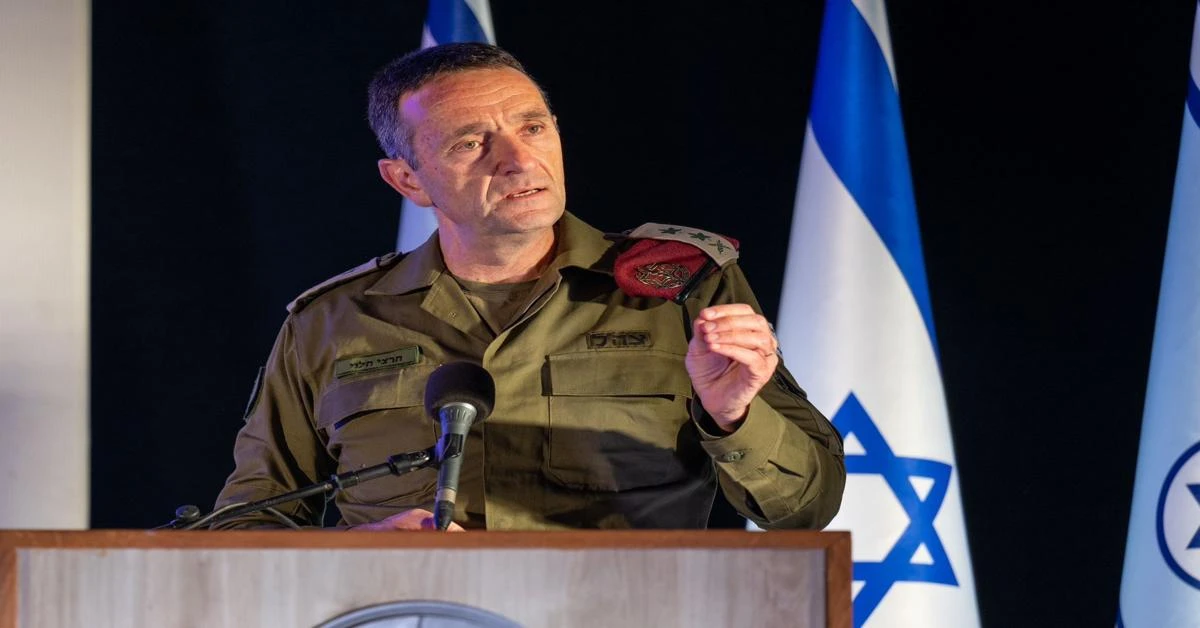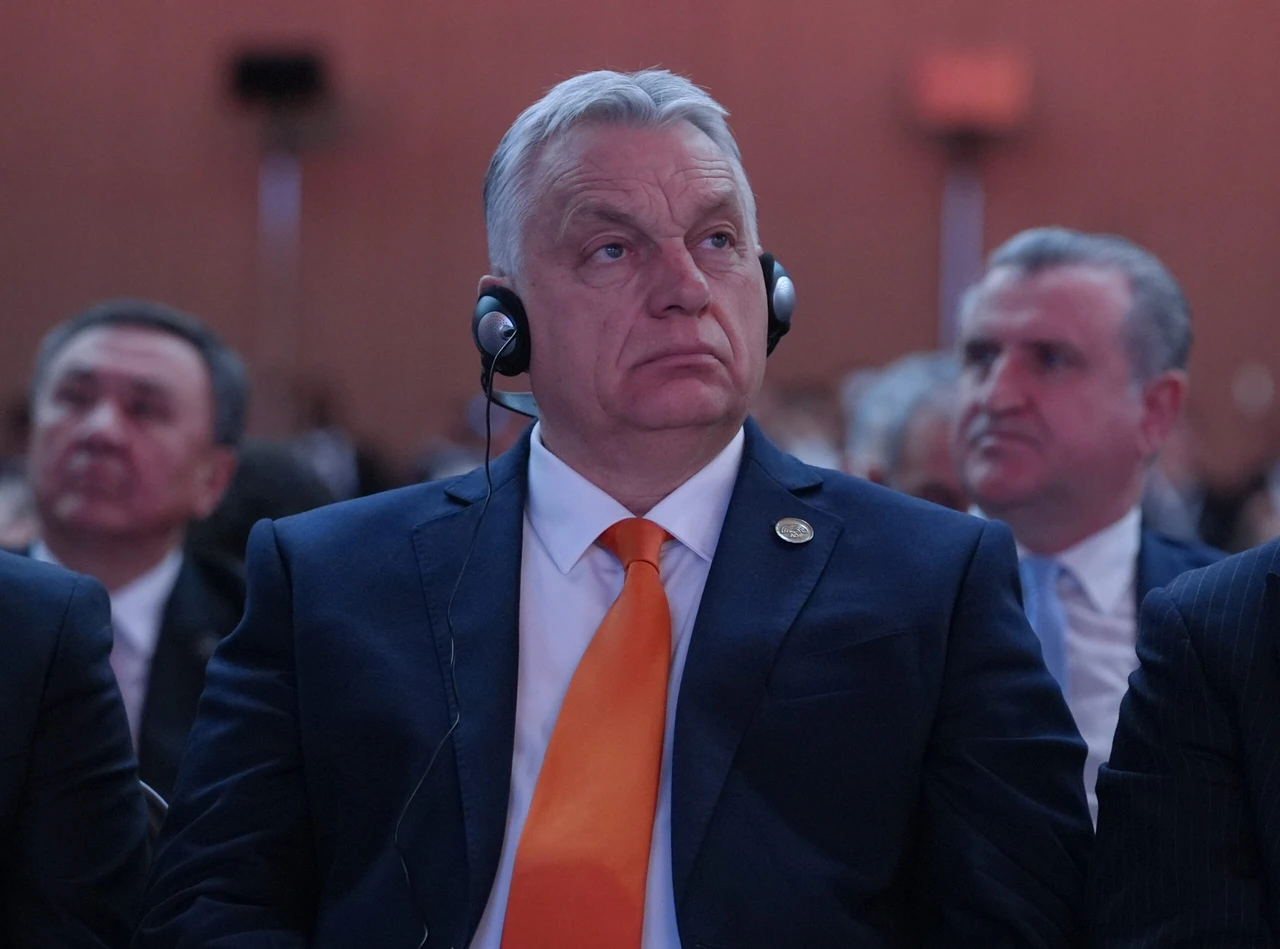Israeli army chief apologizes for ‘grave mistake’ of killing US-based aid workers

The Israel Defense Forces Chief Herzi Halevi’s rare apology for Gaza aid convoy strike comes as reports surface of nearly 200 aid workers killed since October
Israeli Defense Forces (IDF) Chief Herzi Halevi has made a rare admission, labeling the strike that killed seven humanitarian workers in Gaza a “grave mistake.”
In a video message, he said, “This incident was a grave mistake. It shouldn’t have happened,” attributing the fatal strike on a World Central Kitchen (WCK) convoy to a nighttime “misidentification.”
The incident resulted in the deaths of Australian, British, Palestinian, Polish, and U.S.-Canadian staff and prompted fierce international condemnation.
The fact that the IDF has issued an apology for the first time only after the death of seven aid workers from a U.S.-based charity has drawn criticism given that over 196 aid workers have been killed in Gaza since October, as reported by the U.S.-funded Aid Worker Security Database.
Global leaders demand accountability from IDF
U.S. President Joe Biden criticized Israel, stating, “Israel has not done enough to protect aid workers trying to deliver desperately needed help to civilians.” He emphasized the necessity of a “swift” investigation.
U.N. Secretary-General Antonio Guterres reported to the General Assembly that 196 humanitarian workers have died since the war began, calling the strike “unconscionable.”
WCK CEO Erin Gore, in response to the loss of seven team members, condemned the strike. “The IDF killed these seven beautiful souls in a strike as they were returning from a full day’s mission,” Gore stated. WCK asserted that the attack was targeted, noting their team had been coordinating movements with Israeli forces.
Israel causes diplomatic fallout
The attack triggered diplomatic responses, with Australian Prime Minister Anthony Albanese expressing his “anger and concern” in a conversation with Israeli Prime Minister Benjamin Netanyahu.
The United Kingdom and Poland also responded, with Britain summoning the Israeli ambassador and Poland demanding compensation for the families of the deceased aid workers.
Despite acknowledging the strike’s unintended nature, Netanyahu did not apologize but described it as a “tragic case” warranting a thorough investigation.
Humanitarian crisis deepens in Gaza
Gaza, already under an Israeli blockade, faces a worsening humanitarian situation. The United Nations has accused Israel of preventing humanitarian aid deliveries, warning of “catastrophic” hunger. The halt of WCK’s operations, a key player in providing sea-borne supplies from Cyprus, raises further concerns about food aid reaching Gaza’s population.
The situation remains critical, with Israeli strikes continuing to claim civilian lives and destroy infrastructure. The Hamas-run health ministry in Gaza reported 60 additional deaths overnight due to the strikes.
Additionally, tensions in the region escalated following an Israeli airstrike on the Iranian embassy in Damascus, killing seven Revolutionary Guards.
Internal unrest in Israel
In Israel, protests are intensifying against Netanyahu’s approach to the conflict. Former Prime Minister Ehud Barak has accused Netanyahu of causing the Oct. 7 “disaster,” while families of Israeli hostages have criticized his handling of the situation.
Meanwhile, the Palestinian leadership is renewing its bid for full U.N. membership, adding complexity to the regional political landscape.
“I want to be very clear—the strike was not carried out with the intention of harming WCK aid workers. It was a mistake that followed a misidentification—at night during a war in very complex conditions. It shouldn’t have happened.”
Watch the full statement by IDF Chief of the… pic.twitter.com/JnvoJOTVg9
— Israel Defense Forces (@IDF) April 2, 2024
Source: Newsroom



